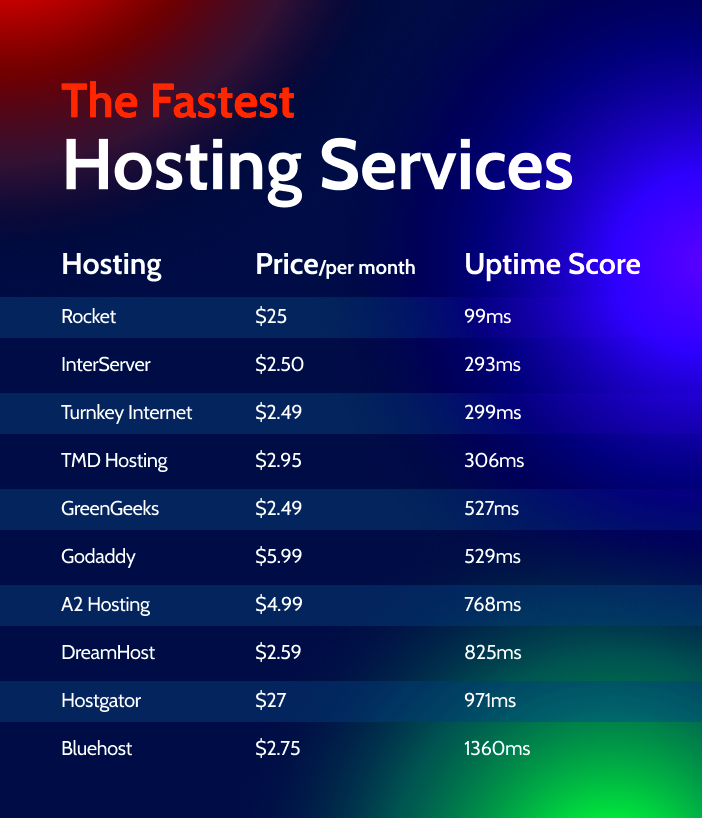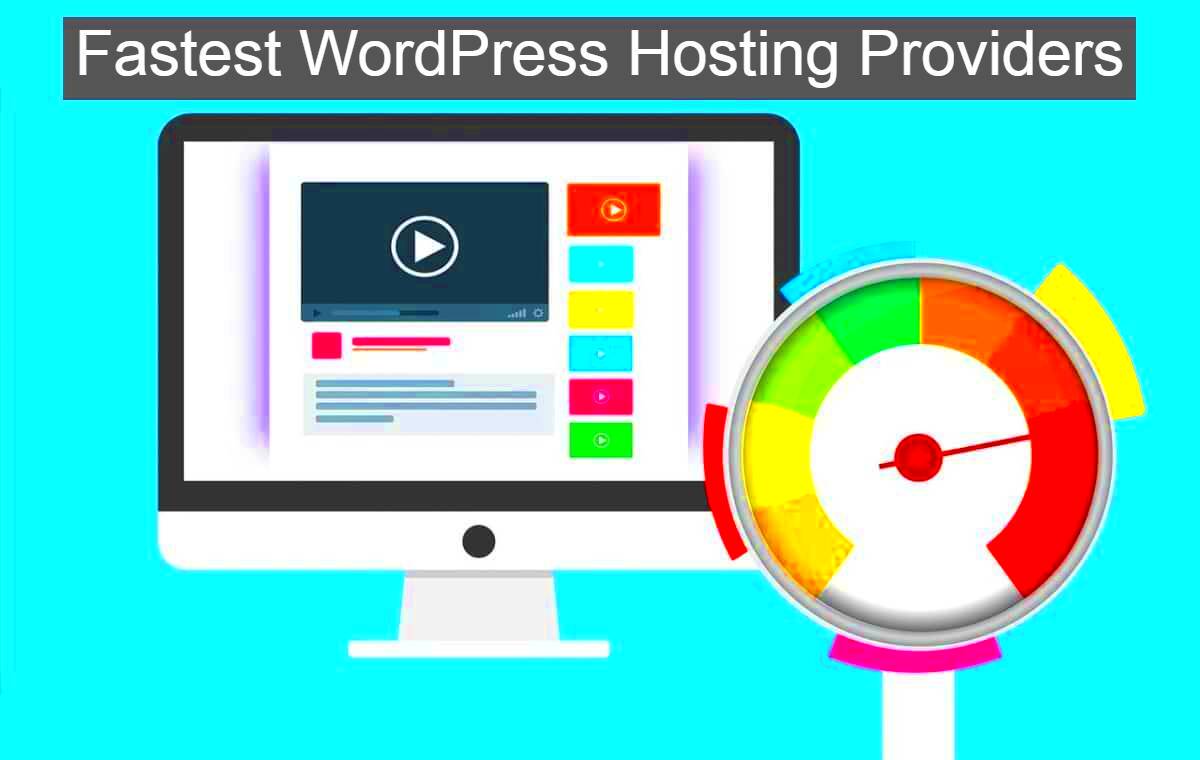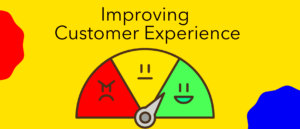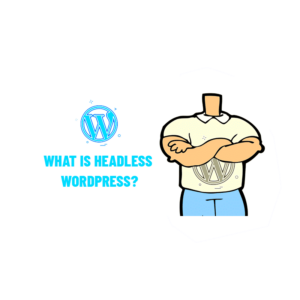Fast WordPress hosting is essential for running a high-performing website that offers a smooth and efficient user experience. When choosing a hosting service for your WordPress site, speed is one of the most important factors to consider. Fast hosting can significantly reduce loading times, enhance site performance, and improve your website’s overall efficiency. This ensures your visitors stay engaged and reduces the chances of losing potential customers due to slow page load times.
Why Speed is Crucial for WordPress Websites

Website speed plays a critical role in user experience and overall website success. Here’s why it matters:
- Improved User Experience: A fast website keeps users engaged and prevents them from bouncing off the page. Studies show that users are likely to abandon a site if it takes more than a few seconds to load.
- Better SEO Rankings: Google and other search engines use page speed as a ranking factor. Websites that load faster tend to rank higher in search results, leading to more organic traffic.
- Higher Conversion Rates: Slow loading times can negatively impact conversion rates. Whether you’re running an eCommerce store or a service-based website, a faster website leads to more conversions.
- Mobile-Friendly: As more people browse the web on mobile devices, fast-loading websites are essential for keeping users engaged, especially on mobile networks that may not be as fast as broadband connections.
How Fast Hosting Impacts Your Website Performance
The performance of your WordPress website is largely dependent on the type of hosting service you choose. Fast hosting can help your website load faster and handle higher traffic volumes. Here’s how:
- Faster Page Load Times: With fast hosting, your website loads faster, ensuring visitors have a smooth experience. This is particularly important for websites with media-rich content, such as images and videos.
- Reduced Downtime: Fast hosting providers typically offer better uptime guarantees, ensuring your website is available to visitors without interruptions.
- Scalability: Good hosting allows your website to scale easily, handling more traffic without sacrificing performance. As your website grows, fast hosting ensures it continues to perform well.
- Improved Server Response Time: Fast hosting provides a quicker response from the server when users request your site, which directly impacts the overall speed and experience of your website.
In short, fast hosting is crucial for improving your website’s speed, user experience, and overall performance. It ensures that your WordPress site operates smoothly, delivering the best experience to your visitors.
Factors that Affect WordPress Hosting Speed
The speed of your WordPress website depends on various factors that come into play, even before you choose a hosting provider. Here are the main elements that impact hosting speed:
- Server Location: The physical location of your server is important. If your server is far from your target audience, it can increase the load time. The closer the server is to the user, the faster the website will load.
- Server Resources: The amount of CPU, RAM, and bandwidth your hosting plan offers directly affects how fast your site can run. A server with limited resources will struggle to handle multiple visitors at once.
- Website Optimization: Even with the best hosting, an unoptimized website can still suffer from slow load times. Image size, uncompressed files, and excessive plugins can slow things down.
- Caching Mechanisms: Caching is crucial for improving website speed. A good hosting provider should offer caching features to store static versions of your website, reducing the load on your server.
- Website Traffic: High traffic volumes can slow down your website, especially if your hosting plan doesn’t scale well. Choosing a hosting service that can handle spikes in traffic is essential.
Best Practices for Choosing Fast WordPress Hosting
When selecting WordPress hosting, speed should be one of your top priorities. Follow these best practices to ensure you pick the fastest option:
- Look for Managed WordPress Hosting: Managed hosting services optimize the server specifically for WordPress websites, ensuring better speed and security.
- Choose SSD over HDD: Solid State Drives (SSDs) are faster than traditional Hard Disk Drives (HDDs) and can make a big difference in website load times.
- Consider Content Delivery Networks (CDN): A CDN caches your content on servers around the world, ensuring that users load your website from the server closest to them.
- Scalability: Choose a hosting provider that can grow with your website. Look for services that allow you to upgrade resources as your traffic increases.
- Read Reviews: Look at reviews from real users to gauge the performance and speed of a hosting provider. This gives insight into whether a service delivers on its promises.
- Support Quality: A reliable support team can help address any speed-related issues quickly. Make sure the hosting provider offers excellent customer service.
Top WordPress Hosting Providers for Speed
Several WordPress hosting providers stand out for offering excellent speed and performance. Here are some of the top choices:
| Hosting Provider | Features | Speed Performance |
|---|---|---|
| SiteGround | Managed WordPress hosting, SSD storage, free CDN, daily backups. | Excellent speed due to multiple data centers worldwide and advanced caching technology. |
| Bluehost | One-click WordPress installation, free CDN, SSL included, 24/7 support. | Fast load times with optimized resources for WordPress websites. |
| Kinsta | Premium managed WordPress hosting, Google Cloud platform, automatic daily backups. | Top-tier speed with the use of Google Cloud’s infrastructure, fast page loading times. |
| WP Engine | Managed WordPress hosting, built-in CDN, daily backups, security features. | Exceptional speed, especially for high-traffic WordPress websites. |
| Hostinger | Affordable WordPress hosting, SSD storage, free CDN, 24/7 support. | Fast load speeds with advanced optimization tools included in their plans. |
These hosting providers consistently offer excellent speed and performance, making them ideal choices for WordPress websites looking to improve their load times.
How to Test the Speed of Your WordPress Website
Testing the speed of your WordPress website is crucial to understanding its performance and identifying areas for improvement. Several tools and methods can help you analyze your site’s speed. Here are some of the most effective ways to test:
- Google PageSpeed Insights: This free tool by Google gives you an in-depth analysis of your website’s performance. It offers suggestions for improvement, like optimizing images, minifying CSS, and leveraging browser caching.
- GTmetrix: GTmetrix provides detailed reports on your website’s loading time and includes both page speed and structure scores. It also gives recommendations to enhance speed.
- Pingdom Tools: Pingdom is another excellent tool that tests your website from different locations around the world. This tool provides insights into your website’s speed and how it performs in various regions.
- WebPageTest: This tool offers a deep dive into your website’s speed by testing it across multiple devices and connection speeds. You can also analyze time-to-first-byte (TTFB) and waterfall charts.
- Manual Testing: Sometimes, simply timing how long your site takes to load on different devices or networks can give you an idea of performance. This can be particularly helpful for identifying any significant slowdowns.
Regularly testing your WordPress website’s speed ensures that you stay on top of any issues that may arise and helps improve the overall user experience.
FAQs About WordPress Hosting Speed
Here are some frequently asked questions regarding WordPress hosting speed, along with their answers:
- What is the ideal loading time for a WordPress website? Ideally, your website should load within 2-3 seconds. Anything longer than that could lead to higher bounce rates.
- Does choosing a faster host guarantee a fast website? Not necessarily. While hosting speed is a critical factor, the optimization of your website plays a significant role as well.
- What is caching and how does it affect speed? Caching stores static files of your website, such as images or scripts, so that users don’t have to reload them every time they visit. This significantly boosts speed.
- How often should I test my website’s speed? It’s a good idea to test your website’s speed regularly, at least once a month, or whenever you make significant changes to your site.
- Can content delivery networks (CDNs) help improve speed? Yes, CDNs distribute your website’s content across multiple servers worldwide. This speeds up loading times for users by serving them content from the closest server.
Conclusion: The Importance of Choosing Fast Hosting for Your WordPress Website
Choosing a fast WordPress hosting service is one of the most important decisions you’ll make for your website. Speed impacts not just the user experience but also your SEO ranking, conversion rates, and overall success. Whether you’re running a blog, an eCommerce store, or a business website, ensuring that your site loads quickly is vital to keeping visitors happy and engaged. By investing in the right hosting, optimizing your website, and regularly testing its speed, you can enjoy a smooth, fast-loading website that supports your goals. Don’t overlook the importance of speed – it can make all the difference in your website’s performance.



